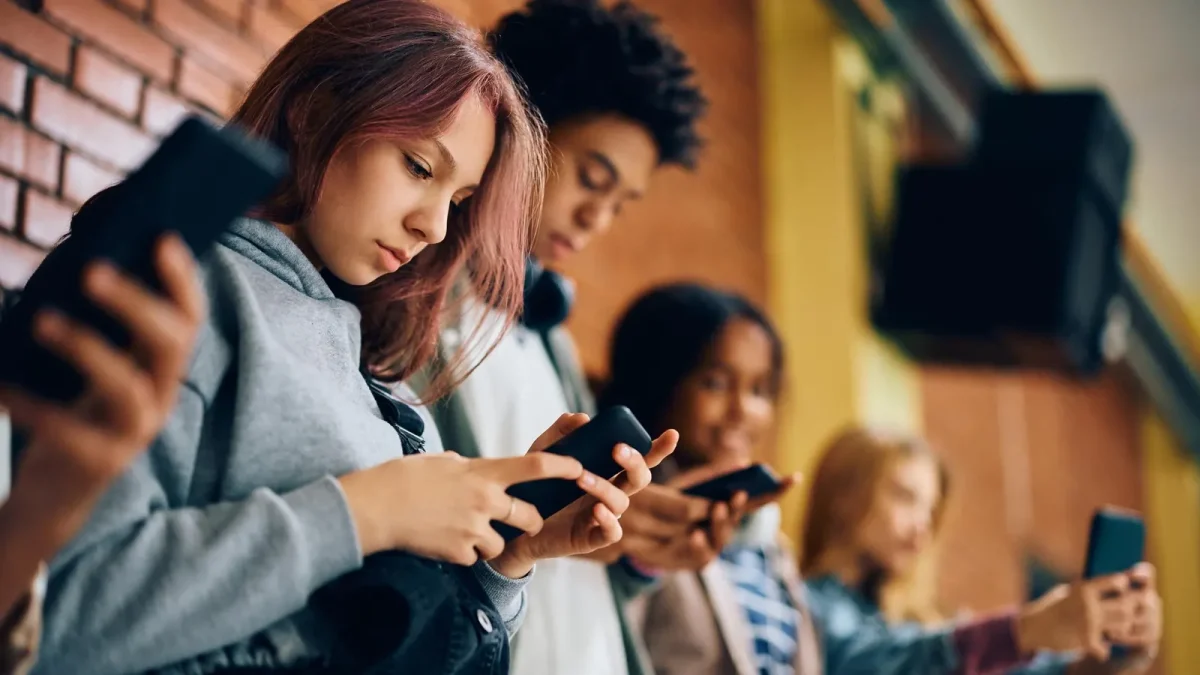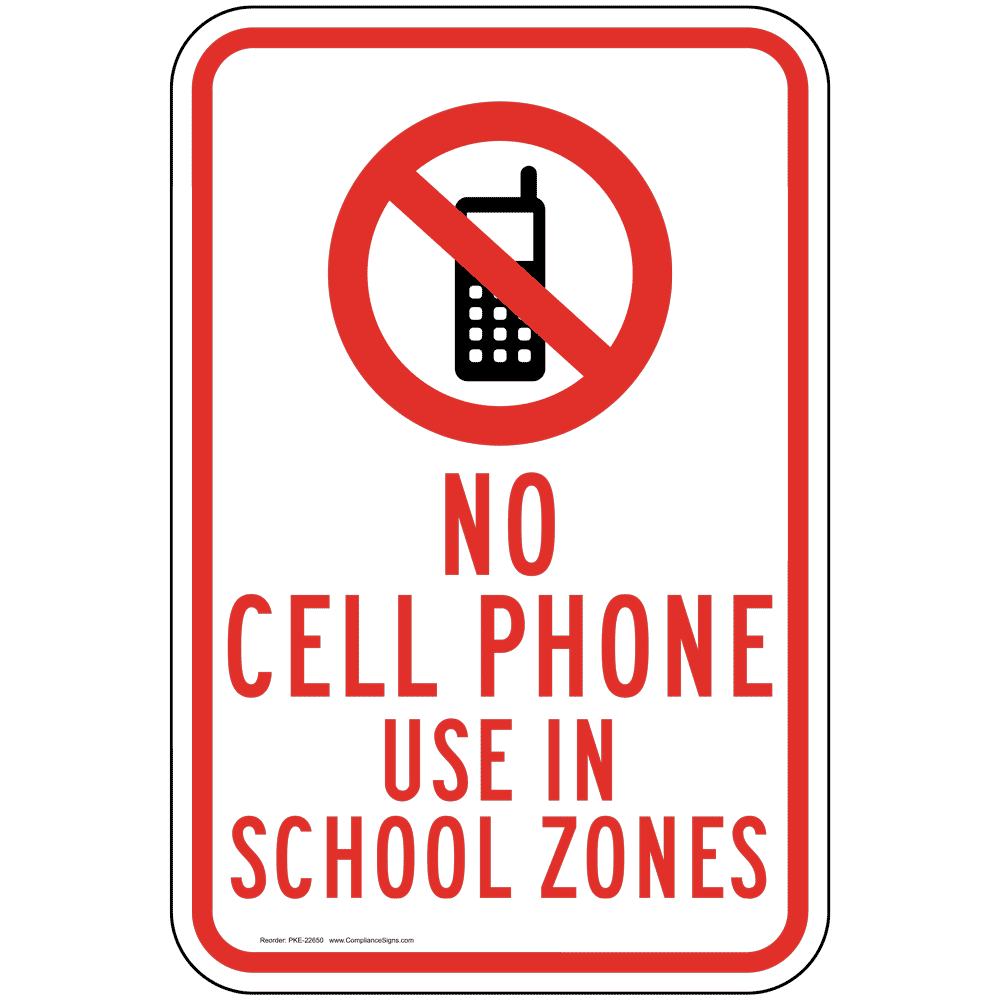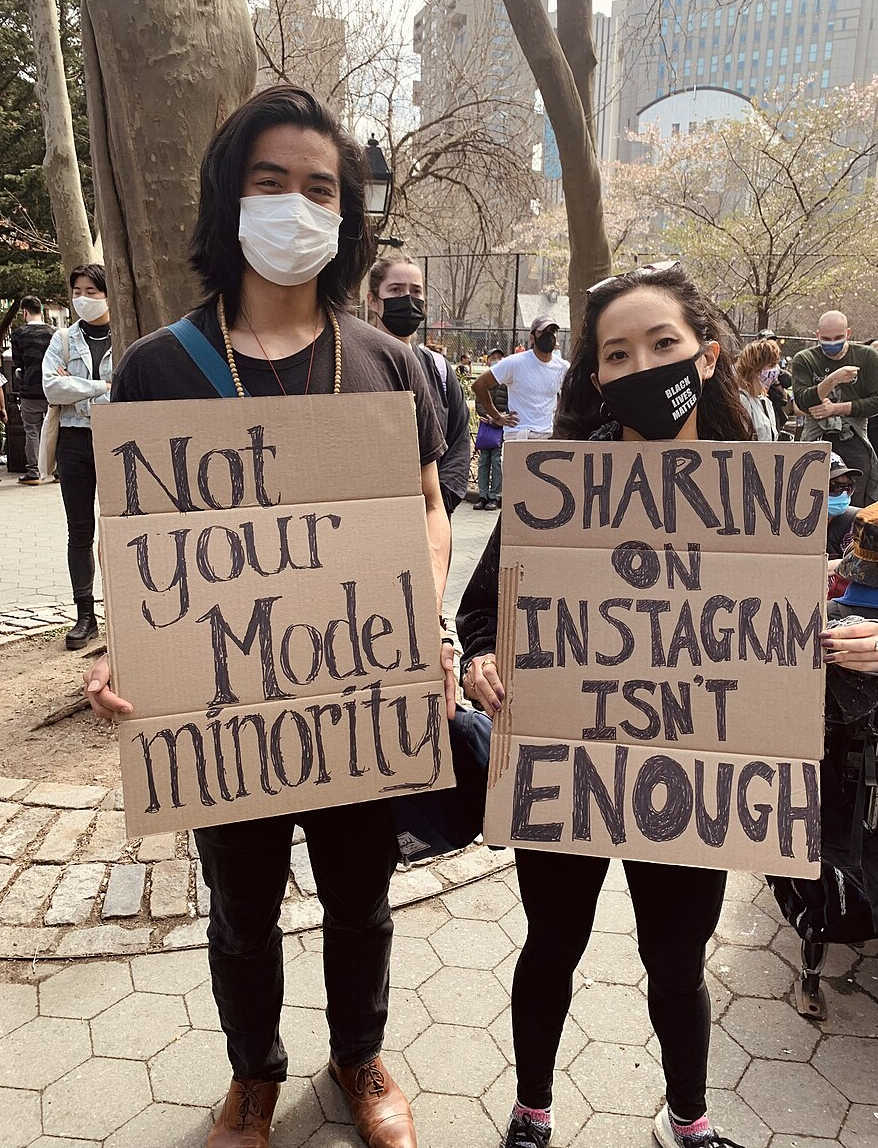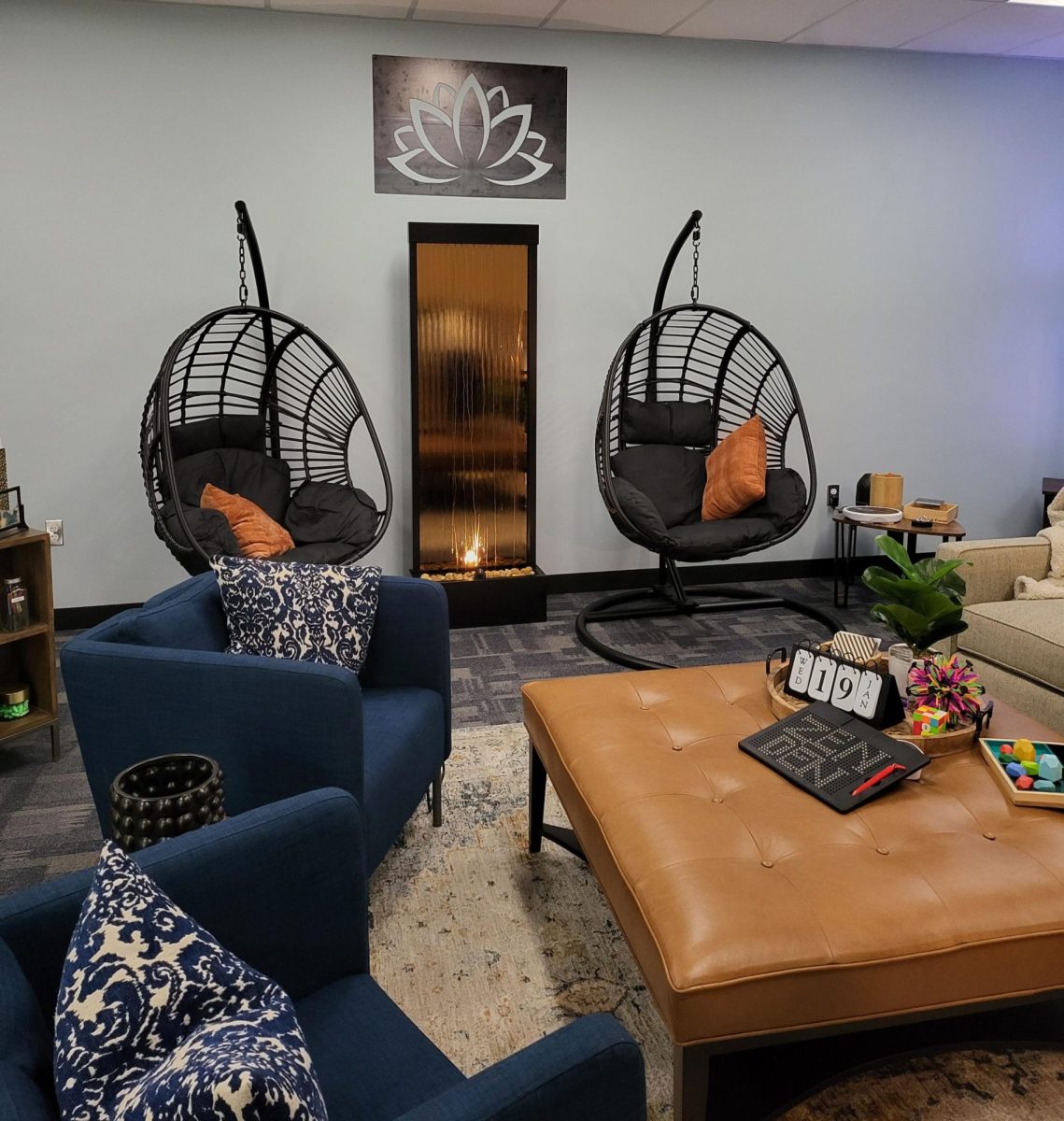The Outcomes of the New Cell Phone Policy
The new cell phone policy was introduced at the beginning of the year, and there have been many opinions about its effectiveness. New Jersey’s Department of Education released an approach that entailed promoting restrictions on cell phone usage and other wireless communications during school hours. However, school districts are authorized to create policies, considering both the positive and negative impact phone usage has on individuals.
This new policy is especially due to new research conducted to portray the impact phone usage has on students’ learning and mental health. Unrestrained phone usage has detrimental effects on interpersonal relationships and physical demeanors. It is proven to heighten anxiety, pose distractions, and simultaneously impact student’s abilities to retain information.
Due to these concerns, Rancocas Valley has decided to implement a new policy. The parameters are that students are never allowed to use their phones in the building and during school hours, and if seen or heard, the device will be confiscated.
According to NorthJersey.com, Mary Ann Koruth expresses: “The guidance pointed to research showing the negative impacts of excessive cellphone use on students, including increased anxiety and depression and poorer academic performance.”
Furthermore, schools that have implemented policies have seen an increase in social interactions, improved information retention, and the promotion of healthier communication among students.
Misha Arisha, a junior at RV expresses: “I think that the policy is effective in reducing distractions, however, there should be an alternate less severe punishment of getting caught using a phone. Administrators should encourage not using a phone by prioritizing a student’s well-being instead of scaring students with suspension. By being intimidating, students feel an annoyance and are more inclined to sneak their phones rather than listening to the rules.”
Although the reasons why the policy is implemented are rational, I believe that RV’s specific policy is excessive. I understand the positive effects of setting limitations on phone usage during school as ample research has portrayed its negative effects. Still, I believe that students should, at minimum, be allowed to have their phones out during non-academic blocks and when they’re simply walking through the hallways. Having a phone out during non-academic periods has no direct negative impact on students’ learning or mental health.
It can even have a positive impact as students would be allowed to create memories during school, creating an immersive environment where students can express themselves and use technology as an advantage.
Schools are already places where students use technology, such as Macbooks, for entertainment and academic purposes, so creating a policy that doesn’t permit electronics is unnecessary and ineffective.
Overall, although a policy is advantageous in establishing an environment free from distractions, RV should reevaluate the effectiveness of the initial policy, and reconceptualize it while considering both the positive and negative effects of phone usage in schools.














